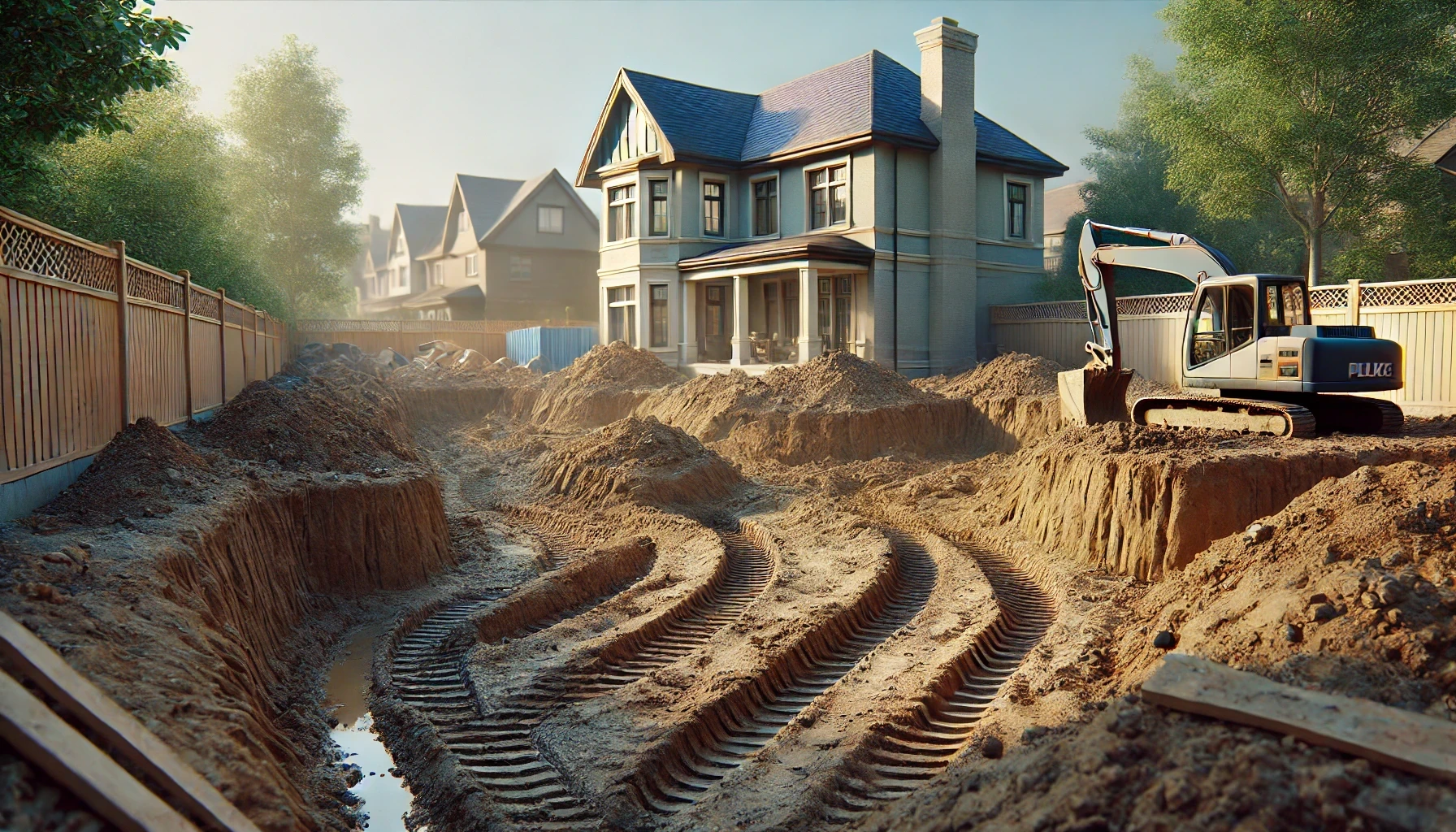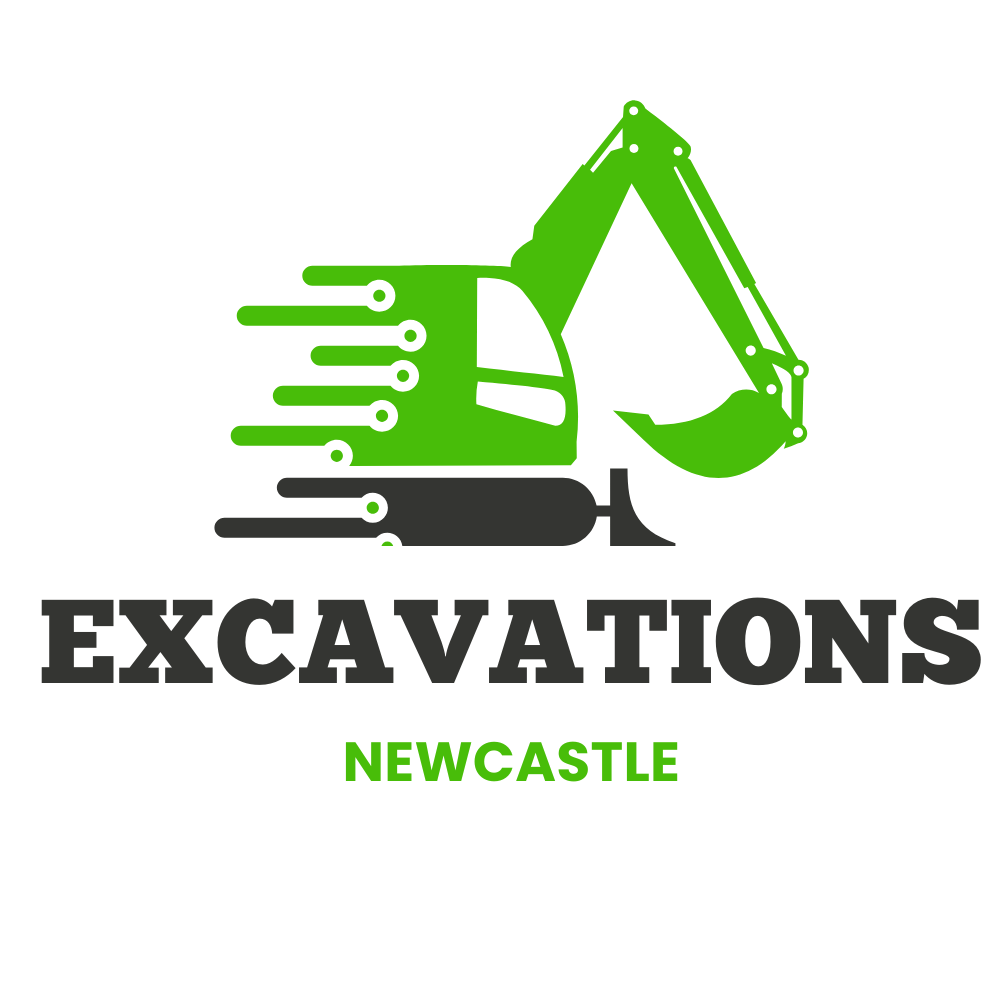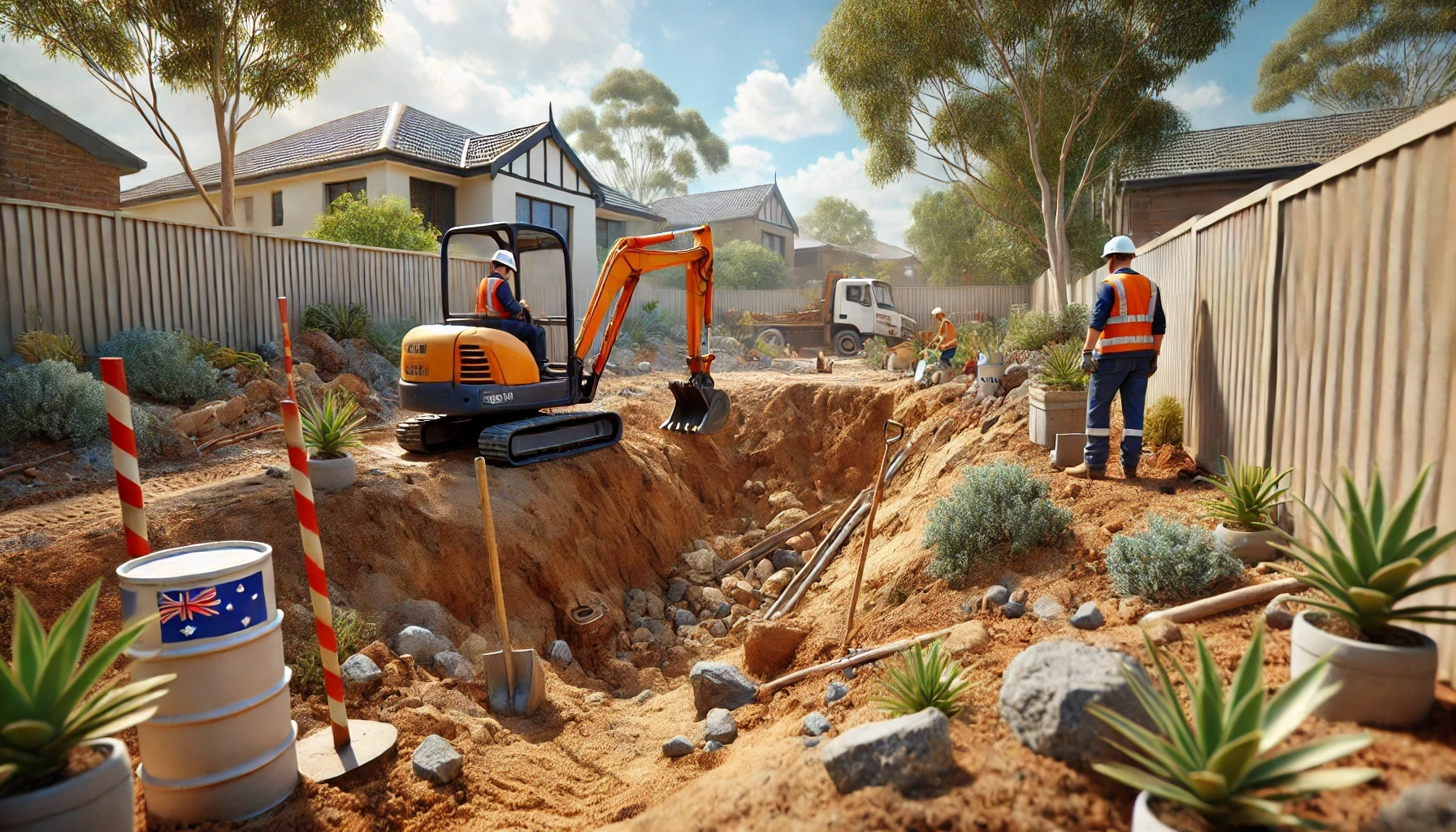Eco-friendly Excavation Practices in Newcastle, NSW
Excavation projects are essential for urban development, but they can have significant environmental impacts. At Excavations Newcastle, we recognise the importance of balancing progress with environmental responsibility. Our eco-friendly excavation practices in Newcastle, NSW, and across the Hunter Region demonstrate our commitment to minimising ecological disruption while delivering top-quality earthmoving services.
We've implemented innovative techniques to reduce our carbon footprint and preserve local ecosystems. By using state-of-the-art equipment and sustainable methods, we're able to complete projects efficiently while safeguarding the natural beauty of Newcastle and its surroundings.
Our team works closely with local authorities and community members to ensure our excavation practices align with environmental regulations and community expectations. This collaborative approach allows us to maintain high standards of sustainability while meeting the needs of our clients.
Key Takeaways
- Eco-friendly excavation balances urban development with environmental protection
- Advanced equipment and sustainable methods reduce ecological impact
- Collaboration with local stakeholders ensures compliance and community satisfaction

Environmental Impacts of Excavation
Excavation activities in Newcastle can significantly affect local ecosystems and natural resources. We must carefully consider these impacts to develop sustainable practices that protect our environment.
Understanding the Ecosystem in Newcastle
Newcastle's ecosystem is diverse and delicate, shaped by its coastal location. The region boasts pockets of subtropical rainforest with fig trees and cabbage tree palms alongside eucalypt forests dominated by spotted gum and ironbark species. Coastal heathlands contain banksia and tea trees, playing a crucial role in maintaining biodiversity.
The fauna includes wallabies, possums, flying foxes, and over 200 bird species including the threatened regent honeyeater. Marine life thrives in the Hunter River estuary and coastal waters.
Soils vary from sandy coastal deposits to rich alluvial soils along the Hunter River, which serves as the main freshwater source alongside wetlands, Lake Macquarie, and numerous creeks feeding into the Pacific Ocean.
This ecosystem requires tailored excavation approaches to minimise disturbance.
Challenges of Traditional Excavation Practices
Traditional excavation methods can pose significant risks to Newcastle's environment. Soil erosion is a primary concern, leading to loss of topsoil and potential sedimentation of waterways.
Habitat destruction is another critical issue. Clearing land for excavation can fragment ecosystems, disrupt wildlife corridors, and destroy nesting sites for native species.
Noise and air pollution from heavy machinery affect both wildlife and nearby communities. Dust emissions can harm air quality and impact plant growth in surrounding areas.
Chemical runoff from construction sites may contaminate soil and water sources, potentially harming aquatic life and vegetation. We must implement strict controls to prevent such occurrences.
Sustainable Techniques Adopted by Excavations Newcastle
At Excavations Newcastle, we've implemented cutting-edge sustainable practices. Our eco-friendly approach focuses on preserving the environment while delivering top-notch excavation services.
Minimising Surface Disturbance
We employ precise GPS-guided machinery to limit unnecessary land disturbance. This technology allows us to excavate only where needed, reducing our ecological footprint.
Our team carefully plans each project to minimise vegetation removal. We use temporary protective coverings on surrounding areas to prevent soil compaction and damage to plant life.
Where possible, we opt for trenchless technology. This method allows us to install underground utilities with minimal surface disruption, preserving the landscape and reducing restoration costs.
Utilising Advanced Machinery
Our fleet includes hybrid and low-emission equipment, significantly reducing our carbon footprint. These machines are not only environmentally friendly but also more fuel-efficient, cutting operational costs.
We've invested in electric-powered smaller tools and equipment for tasks that don't require heavy machinery. This choice further reduces our reliance on fossil fuels.
Regular maintenance ensures our machinery operates at peak efficiency. Well-maintained equipment uses less fuel and produces fewer emissions, benefiting both the environment and our clients' budgets.
Waste Reduction and Recycling Procedures
We implement a comprehensive waste management plan on every site. This includes separating materials for recycling and reuse, such as concrete, metal, and wood.
Our team utilises on-site crushing and screening equipment to process excavated materials. This allows us to reuse suitable materials as fill or aggregate, reducing the need for new resources.
We partner with local recycling facilities to ensure proper disposal of materials that can't be reused on-site. This approach minimises landfill waste and supports the local circular economy.
Community and Regulatory Engagement
At Excavations Newcastle, we prioritise open dialogue and cooperation with local stakeholders. Our approach combines regulatory compliance with proactive community involvement to ensure sustainable excavation practices.
Collaboration with Local Authorities
We maintain strong partnerships with the Hunter Valley's local government and environmental agencies. Our team regularly consults with local councils' planning departments to align our projects with local development goals. We strictly adhere to NSW excavation regulations and often exceed compliance standards.
To streamline approvals, we've implemented a digital submission system for permits and environmental impact assessments. This has reduced processing times and improved transparency. We also participate in quarterly roundtable discussions with council members and environmental officers to address emerging concerns and share best practices.
Educational Outreach and Workshops
We believe in empowering our community with knowledge about sustainable excavation. Our company hosts bi-annual workshops for local residents, explaining eco-friendly techniques and their benefits. These sessions cover topics like erosion control, native vegetation preservation, and water management.
We've partnered with TAFE NSW to offer apprenticeships in green excavation methods. This programme trains the next generation of earth-moving professionals in cutting-edge sustainable practices. Our team also visits local schools to give presentations on environmental stewardship in construction.
To measure our impact, we conduct annual surveys gauging community awareness of eco-friendly excavation. Results show a 30% increase in understanding since we began our outreach efforts.






